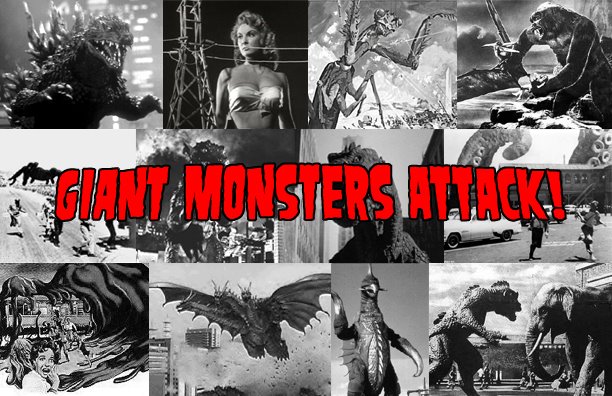
I recently took a job that requires a short commute to and from work and while partaking in public transit is certainly nothing to get excited about, I do relish the opportunity it has given me to catch up on my backlog of reading. The first book I sunk my literary teeth into was the short novel Shambling Towards Hiroshima by James Morrow. The plot is both unique and amusing; during the summer of 1945, representatives from the U.S. Navy approach Syms Thorley, a successful B-movie actor, with an unusual proposition. They want Syms to star (by way of donning a rubber suit) in a special film and stage production wherein Japan (by way of a miniature set) is destroyed by the fire-breathing monster, Gorgantis. As it turns out, the American military has actually created giant, mutant lizards and are poised to unleash them onto the unsuspecting Japanese populace: the movie’s true function is to act as a “what if” scenario in order to intimidate the Japan into peacefully surrendering. If Syms’ performance is anything less than convincing, countless innocent civilians will be destroyed in the destructive wake of rampaging, monstrous iguanas.
One point that should be addressed right off the bat about Shambing Towards Hiroshima is that this novel is not about giant monsters per se, but rather, giant monster MOVIES. It's easy to make that assumption, especially given how the synopsis comes across. Yes, there are enormous, dinosaurian lizard creatures in the story, but they’re merely plot devices. The real focus of the novel is the world of sci-fi/horror films; the people that create them, act in them, the fans, the politics and the egos. Morrow is certainly familiar with this particular corner of Hollywood, as references are scattered throughout the story- even some real world filmmakers like Willis O’Brien and Sam Katzman show up in supporting roles.
Shambling moves along at a decent pace and the lead character is a very well-rounded and amusing narrator (the book that we’re reading is basically Syms Thorley’s memoirs). Morrow frequently plays around with the theme of juxtaposing the fantastic against the pedestrian, which really helps to ground and humanize the story; in an amusing reversal, the mundane dilemmas and obstacles surrounding the portrayal of the “fake” monster Gorgantis end up being a more dire threat than the “real” monsters that are ready to destroy Japan.
I suppose that the novel’s biggest problem would be that casual readers not as well-versed in the whole sci-fi/horror film genre probably won’t get as much out the story as those who are up to speed on the jokes and references. It’s also a very short book, although I personally never consider that to be a shortcoming by any stretch (in fact, it helps to ensure that I actually finish reading it to completion before my lousy attention span fixates on something else). That being said, these are minor criticisms at best and in no way undermine an otherwise enjoyable read.
A solid 4 and a half out of 5.













